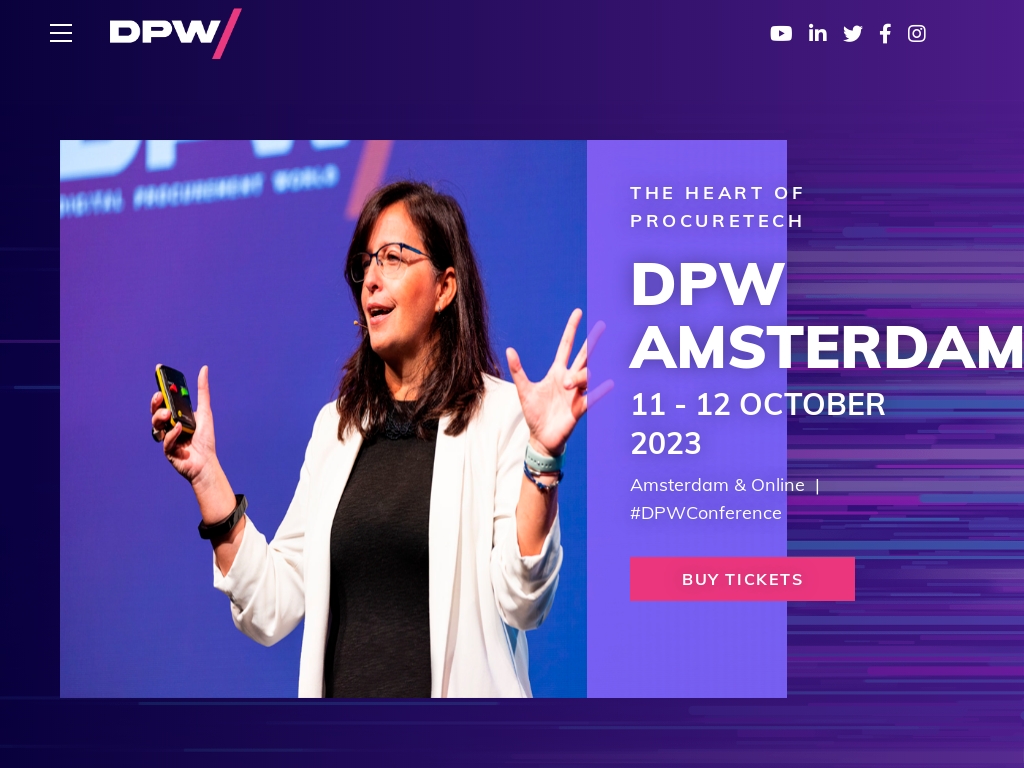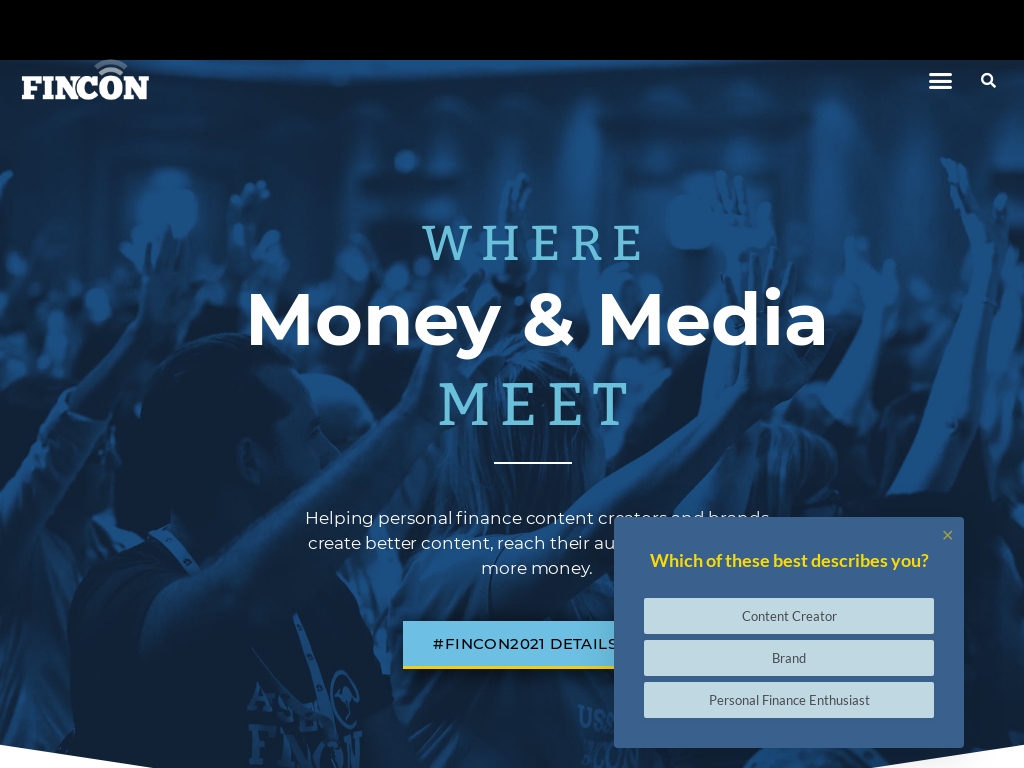
2 Conference Success Stories [2025]
In an age where networking and knowledge-sharing are more critical than ever, starting a conference business could be your ticket to a vibrant entrepreneurial venture.
A conference business involves organizing events where specialists and enthusiasts gather to share insights, make connections, and drive innovation. You’ll need to secure venues, coordinate speakers, manage registrations, and handle logistics to ensure a seamless experience for attendees.
The beauty of this business lies in its scalability and the variety of industries it can cater to, from tech to healthcare and beyond. Whether it's an intimate seminar or a large-scale convention, the potential to create a significant impact and generate substantial revenue is high.
If you’re passionate about bringing people together and fostering communities, this is a compelling, hands-on business idea worth exploring. The demand for well-organized, insightful conferences isn’t going away anytime soon.
In this list, you'll find real-world conference success stories and very profitable examples of starting a conference that makes money.
1. Digital Procurement World (DPW) ($1.95M/year)
Matthias Gutzmann, the CEO and Founder of DPW, came up with the idea for his business when he realized that existing procurement conferences were expensive, lacked diversity, and failed to attract startups and investors. He left his job in New York, moved back to Germany, and invested his personal savings to launch DPW. Leveraging his extensive network and applying social selling techniques, Matthias successfully created a buzz and attracted sponsors, delegates, and startups to his conference, leading to exponential growth and €1.8M in revenue in 2022.
How much money it makes: $1.95M/year
How much did it cost to start: $10.8K
How many people on the team: 6


DPW (Digital Procurement World) is a fast-growing conference and community in procurement that has more than tripled in revenue since launching in 2019, capping out the year at €1.8 million, with 95% of their growth coming from inbound traffic leveraging LinkedIn and applying social selling techniques.




2. FinCon ($1M/year)
Philip Taylor, a CPA and personal finance blogger, came up with the idea for FinCon after being inspired by personal finance bloggers who had achieved financial freedom. He saw a need for a conference tailored specifically for personal finance content creators and brands, and after receiving overwhelming interest from the community, he launched the first Financial Blogger Conference in Chicago in 2011.
How much money it makes: $1M/year
How much did it cost to start: $25
How many people on the team: 4


Discover how Philip Taylor built FinCon from scratch to a 3,000 attendee annual conference and achieved $1.6M in revenue in less than 10 years, by allowing customers to help build the event, fostering a sense of community, expanding offerings, pricing strategically, and surrounding himself with talented people.





Download the report and join our email newsletter packed with business ideas and money-making opportunities, backed by real-life case studies.

Download the report and join our email newsletter packed with business ideas and money-making opportunities, backed by real-life case studies.

Download the report and join our email newsletter packed with business ideas and money-making opportunities, backed by real-life case studies.

Download the report and join our email newsletter packed with business ideas and money-making opportunities, backed by real-life case studies.

Download the report and join our email newsletter packed with business ideas and money-making opportunities, backed by real-life case studies.

Download the report and join our email newsletter packed with business ideas and money-making opportunities, backed by real-life case studies.

Download the report and join our email newsletter packed with business ideas and money-making opportunities, backed by real-life case studies.

Download the report and join our email newsletter packed with business ideas and money-making opportunities, backed by real-life case studies.











